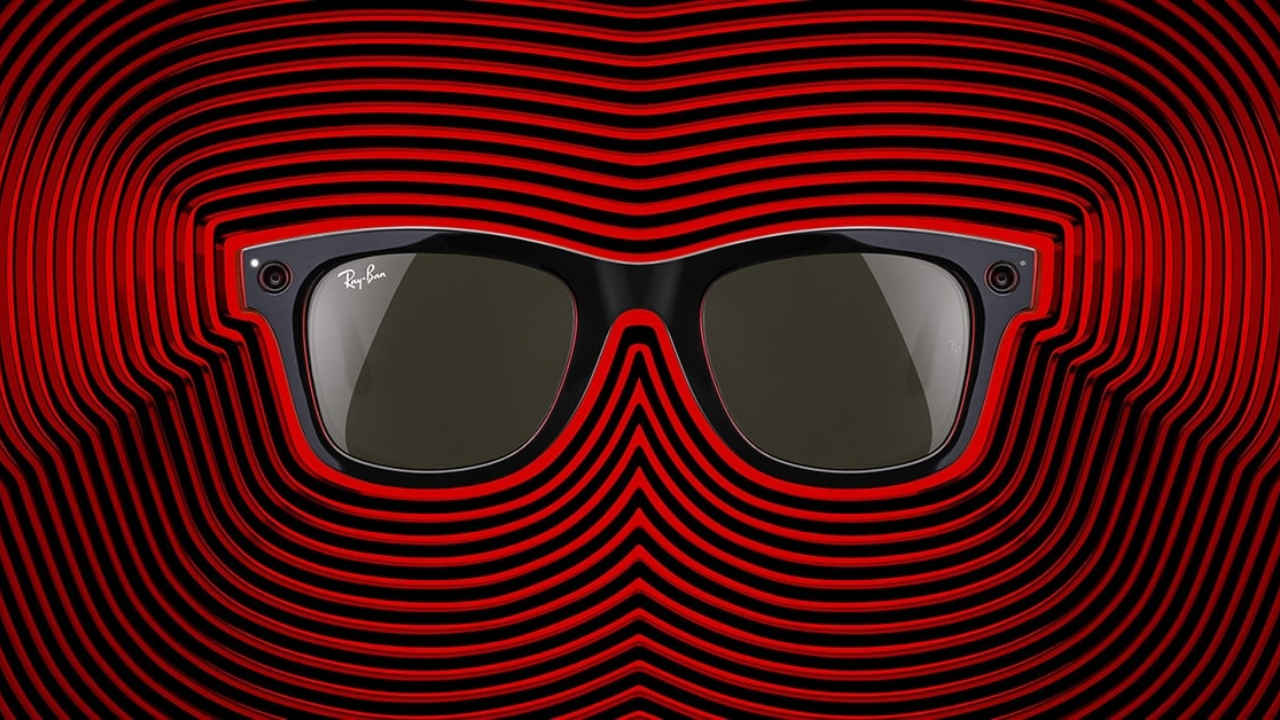Harvard students turn Meta Ray-Ban glasses into privacy invasion tool, reveal stranger’s info in real-time
Imagine walking down the street, wearing a pair of glasses, only to discover they can reveal personal information about anyone you meet.
This chilling reality is being explored by Harvard students AnhPhu Nguyen and Caine Ardayfio with their project called I-XRAY.
They’ve demonstrated how the popular Ray-Ban Meta smart glasses can not only livestream video to Instagram but also use facial recognition technology to identify people in real time.

Imagine walking down the street, wearing a pair of glasses, only to discover they can reveal personal information about anyone you meet. This chilling reality is being explored by Harvard students AnhPhu Nguyen and Caine Ardayfio with their project called I-XRAY. They’ve demonstrated how the popular Ray-Ban Meta smart glasses can not only livestream video to Instagram but also use facial recognition technology to identify people in real-time.
 Survey
SurveyI-XRAY uses a computer program to analyse the livestream, scanning facial features and comparing them to public databases. This allows the technology to pull up personal details such as names, addresses, phone numbers, and even family members’ information. In their demo, the students identified classmates and struck up conversations with strangers on public transport, all while leveraging data accessed through their system.
Also read: Using Meta’s Ray-Ban glasses? Here’s why you should worry about your privacy
Are we ready for a world where our data is exposed at a glance? @CaineArdayfio and I offer an answer to protect yourself here:https://t.co/LhxModhDpk pic.twitter.com/Oo35TxBNtD
— AnhPhu Nguyen (@AnhPhuNguyen1) September 30, 2024
The I-XRAY system uses PimEyes, a face search engine known for its accuracy. This project raises serious questions about privacy, especially as similar technologies have been used by companies like Clearview AI to assist law enforcement. However, what makes Nguyen and Ardayfio’s innovation particularly alarming is its integration into a consumer-friendly product that looks harmless, allowing users to capture and analyse data without being noticed.
The students stress that they do not intend to encourage misuse of this technology. Instead, they aim to raise awareness about the current capabilities of facial recognition tools, highlighting how readily available these advanced applications are. They also point out that large language models (LLMs) enhance the system’s efficiency, linking names and images from vast data collections.
Also read: Here’s a closer look at Meta’s upcoming true AR smart glasses
With the rise of smart glasses, concerns about privacy have resurfaced, echoing the backlash that Google Glass faced in the past. While these glasses do have a privacy light that signals when recording, it’s easy to miss, especially in bright conditions.
To help individuals protect their privacy, Nguyen and Ardayfio suggest opting out of people-search databases. However, they acknowledge that completely removing one’s online presence is nearly impossible, making it crucial for everyone to stay aware of how their personal information can be accessed.
Ayushi Jain
Ayushi works as Chief Copy Editor at Digit, covering everything from breaking tech news to in-depth smartphone reviews. Prior to Digit, she was part of the editorial team at IANS. View Full Profile